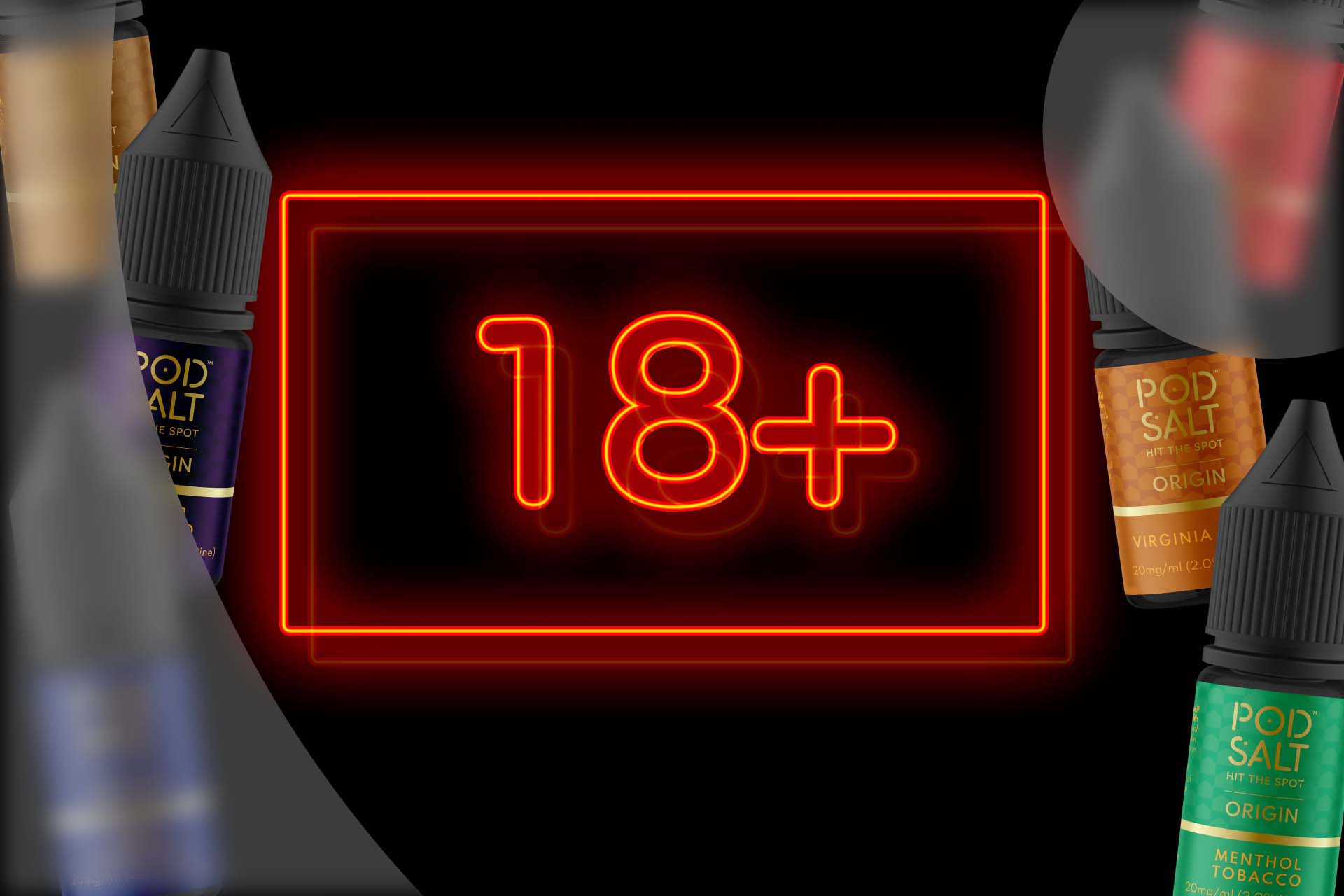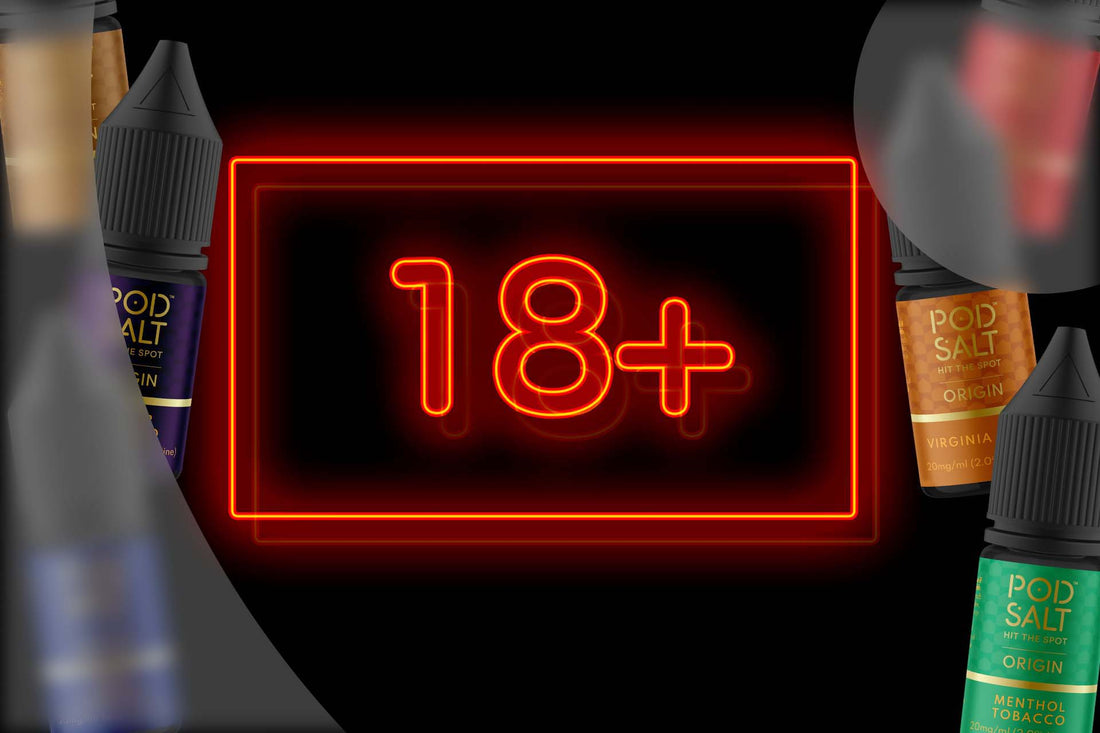
Vaping has become increasingly popular in the UK and is generally seen as a less harmful alternative to smoking. It has been used by many smokers to help them quit cigarettes, making it an effective way to reduce the risks of smoking-related diseases. However, there have been reports of an increase in underage vapers, which has caused concern for parents and guardians looking to protect their children.
While the number of underage vapers has increased, the number of those that have never smoked before vaping is still low. In the UK, as of 2022, it was reported that around 15% of those between 11-17 had tried vaping, however, only 7% were current users suggesting that the increase was largely experimental and not a new habit.
But what has been the cause of this? And what can we do to ensure that vaping remains true to its core values?
What is the Legal Age for Vaping in the UK?
The legal age to vape in the UK is 18, the same as for smoking. The sale of any nicotine-containing products (e.g. vape juice) and devices to those under this age is prohibited by law. However, there are instances where irresponsible retailers have failed to uphold this rule, selling these products to underage children which has led to a rise in the number of underage vapers.
This is problematic as it puts young people at risk and reinforces the wrong message that vaping is an acceptable activity for minors. It's important to remember that even though vape products are seen as less harmful than cigarettes, there are still risks involved and these should be taken seriously.
For more information on vaping age restrictions around the world, check out our previous article.
The Impact of Underage Vaping
Underage vaping can have serious effects on both physical and mental health, as nicotine is thought to be harmful to those in this age range (under the age of 18). Aside from possible effects on cognitive development, there are other risks that come with vaping such as using illicit vapes and E-Liquid that contain harmful ingredients but were 'cheap' enough to purchase. Therefore, it is important for parents to be aware of the risks and take steps to ensure their children stay safe.
Some parents are unaware that vapes contain nicotine and are meant to be used as a smoking cessation tool, thinking that it is nothing more than a 'fad' product children are using. This lack of understanding and awareness can lead to more underage vapers who are not aware of the potential harm.
Considering that in the UK, the legal age to vape is 18, how are there so many underage vapers? Although there are claims of vape brands targeting children with bright packaging and sweet flavours, the truth of the matter comes down to ease of access. The popularity of vaping has given rise to vape products being more readily available in general stores and supermarkets. Unfortunately, this has given rise to some retailers not strictly enforcing the legal age limit, leading to more young people having access to vaping products. Combined with the recent influx of illegal vapes with big puff counts, creates a worrying issue.
In the long run, this could have a negative effect on the industry due to stricter regulations being imposed and more public backlash. It's important that the vaping industry takes responsibility and work to ensure all vape products are only being sold to those over 18.
What Can Parents Do?
In order to stop the rise of underage vaping, parents have an important role to play in ensuring their children are aware of the risks of using vape products. This means:
• Talk openly and honestly with your children about the potential health hazards associated with nicotine as well as the legal age for smoking/vaping (18 years old).
• It is certainly not advised for parents to purchase vape products for their children.
• Set a good example by not smoking or vaping around their children.
• If you think your child might already be vaping it is essential to talk to them about it and provide them with the support to stop.
By educating children on the risks, we can ensure that fewer young people are exposed to nicotine products. Overall, parents need to be vigilant and aware of the risks associated with underage vaping, so they can protect their children from harm.
To wrap things up
In conclusion, underage vaping is a serious issue that should be addressed before it becomes a real problem for both children and the vaping industry. It is important to be aware of the risks associated with vaping as well as the legal age limit (18 years old) for Vaping in the UK. Parents need to ensure that their children are educated about these issues and set a good example to prevent underage vaping. By doing so, we can ensure that fewer young people take up vaping whilst also limiting the impact on adults who smoke and wish to switch to vaping to help them quit cigarettes.



